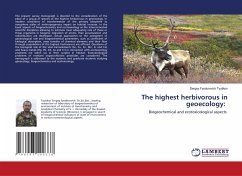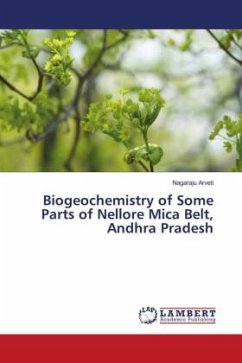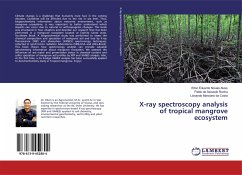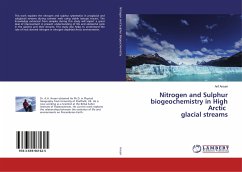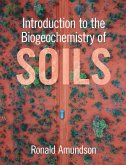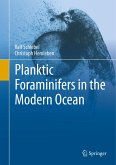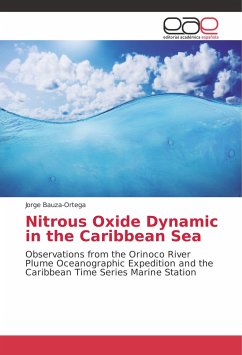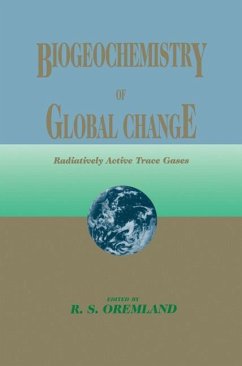The present survey monograph is devoted to the consideration of the place of a group of species of the highest herbivorous in geoecology. In modern conditions of transformation of the primary biosphere to noosphere scales of anthropogenous impact on habitat increase. In the book aspects of biogeochemistry and ecotoxicology as the interconnected scientific disciplines allowing to estimate most adequately role of these or those organisms in biogenic migration of atoms, their accumulation and redistribution are developed. Actual approaches to the assessment of geoecological role and biogeochemical parameters, such as coefficient of biological absorption, mass transfer of chemical elements and their flow through populations of the highest herbivorous are offered. Questions of the biological role of the vital microelements (Se, Cu, Zn, Mn, Sr and Co) and heavy metals (Hg, Pb, Cd, As and Cr) in connection with ecotoxicology problems are taken up at their surplus in habitat. Ecotoxicological problems of resistant organochlorine pesticides are considered. The monograph is addressed to the students and graduate students studying geoecology, biogeochemistry and ecotoxicology.

